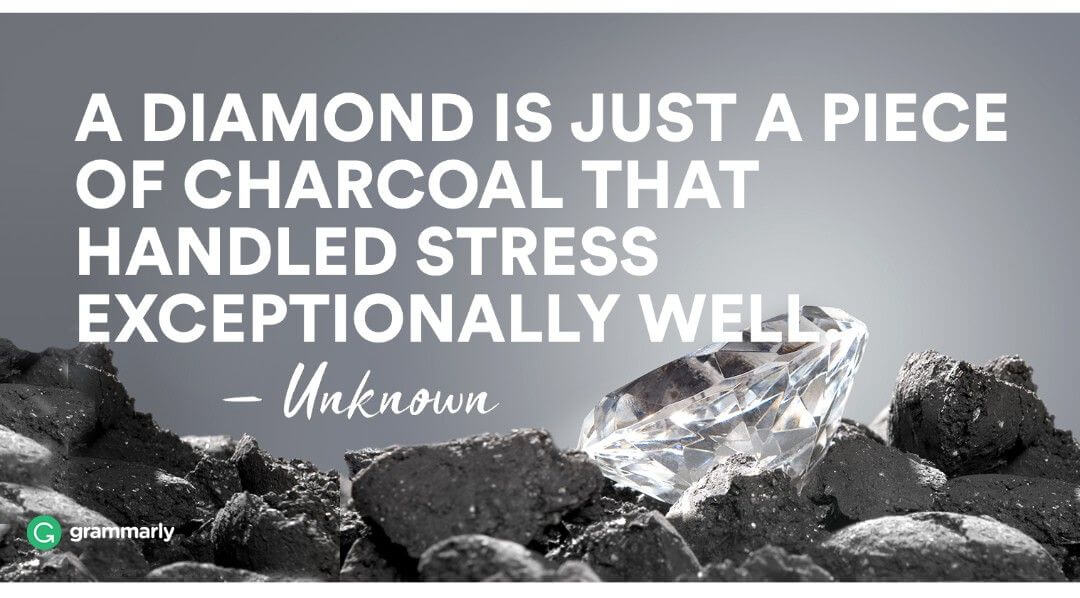This week is “National Work Life Week” which aims to get employers and employees talking about their “wellbeing” at work. According to research done in both the US and the UK from over 5,000 employed people a whopping 72% were confident in their ability to find a new job; and over half were considering leaving their current position within the next 12 months and / or changing their career paths. It certainly appears that the Covid-19 pandemic has resulted in lots of individuals doing some deep soul searching about their current work life balance situation.
Changes in the way we now work
The prolific change in the way many of us have been working these days by transforming our homes into offices has certainly made employees investigate their own outlook more especially pondering on how essential it is to be in an office 5 days a week; not to mention the time and costs involved in travelling to and from the office.
Although not all jobs can be done remotely, there is a movement towards employers having to have some form of flexibility in their “back to work policies” by allowing employees some rights to work from home, even if only for a few days a week. More especially as a vast majority of industry sectors and employers are struggling to fill many job vacancies with employees searching for a more balanced way of working with potential new recruiters.
Be Balanced
At SigTech Rail we believe that work life & well-being is essential to the happiness and productivity of everyone who works for us. Whilst our signalling engineers cannot always work from home and are often found working on the UK’s rail signalling infrastructure, we still believe it’s vital that we assist them in creating a balanced work life approach. This not only promotes happiness, but also boosts morale, engagement and improves work productivity.
How do you get that work life balance?
- Try where possible to separate work from your personal life and prioritise which is more important.
- Remember to make time for yourself, your family, and the things you enjoy.
- If you do a lot of work on a computer then try to have a 5-minute break every hour, away from your screen, this will help as a digital detox.
- Take time out in the sun and with nature whenever you can.
- Turn off your emails / mobile phone when you have finished the day’s work, so you’re not tempted to work any longer than necessary.
- If you can take a walk in your lunch break, then do so.
- If you do have a home office, then shut the door once you’ve finished so you’re not tempted to go back into the room to do more work.
- Check your own employers’ policies & their solutions to flexible working patterns to see if this may help your own situation.
- If you feel you’re being overloaded, then see if any of your work can be re-distributed to other team members.
- Ask your employer for more training or support if you feel you need it.
- Ask for counselling support or visit your GP if you feel you’re on the road to a burnout.
Remember You Are Important & Needed
Unfortunately, there is “no one size fits all” solution and what works for one person may not work for someone else. Talk to your employer if you’re finding things a bit difficult to see if you can both come to a compromise. Remember you are important, and you are needed, not only by your employer, but by family friends and even your pet! So, take time out and assess how you can improve your own work-life balance and become more productive, happier, and ultimately prevent any burnout.



